This content is restricted to subscribers
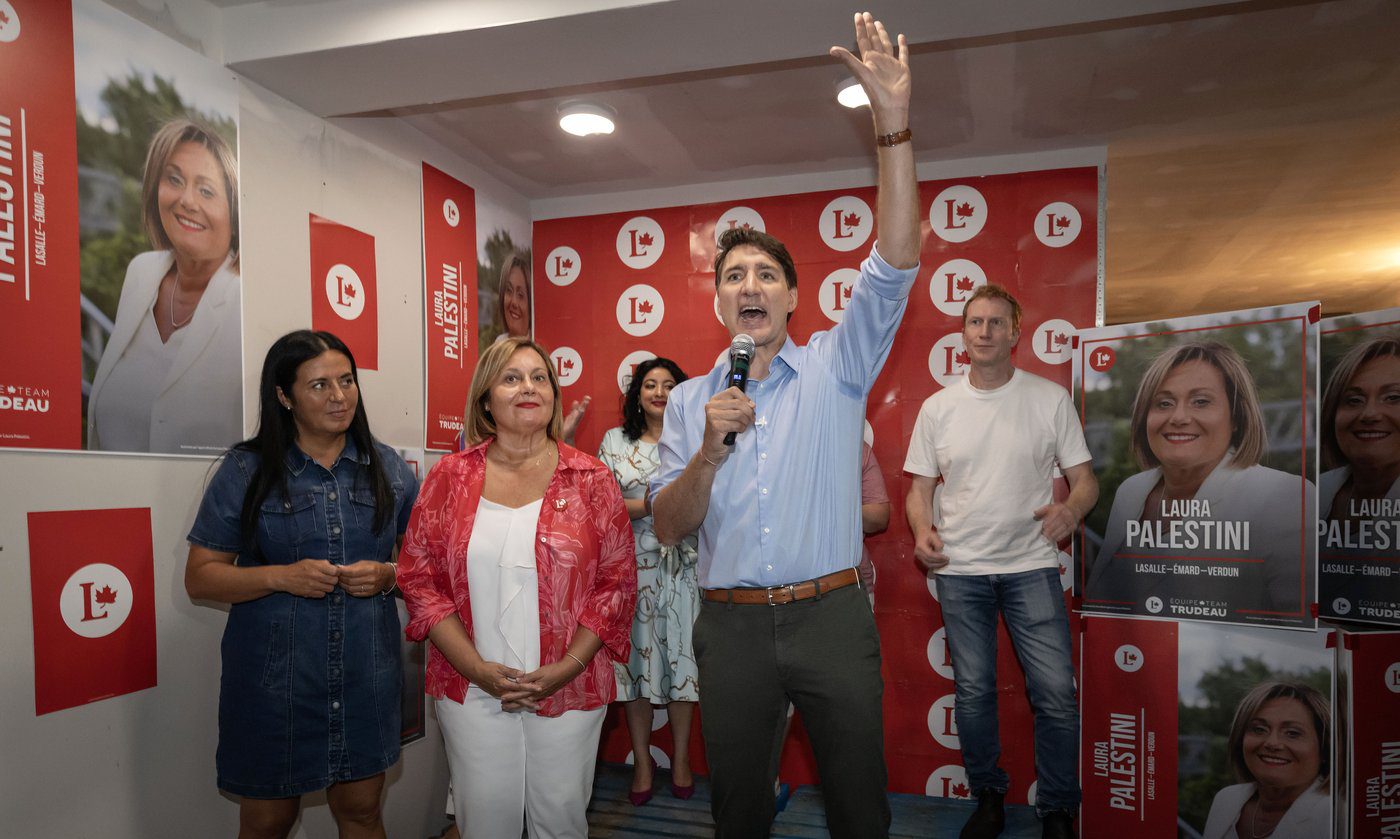
The views, opinions and positions expressed by columnists and contributors are the author’s alone. They do not inherently or expressly reflect the views, opinions and/or positions of our publication.

This content is restricted to subscribers
The views, opinions and positions expressed by columnists and contributors are the author’s alone. They do not inherently or expressly reflect the views, opinions and/or positions of our publication.
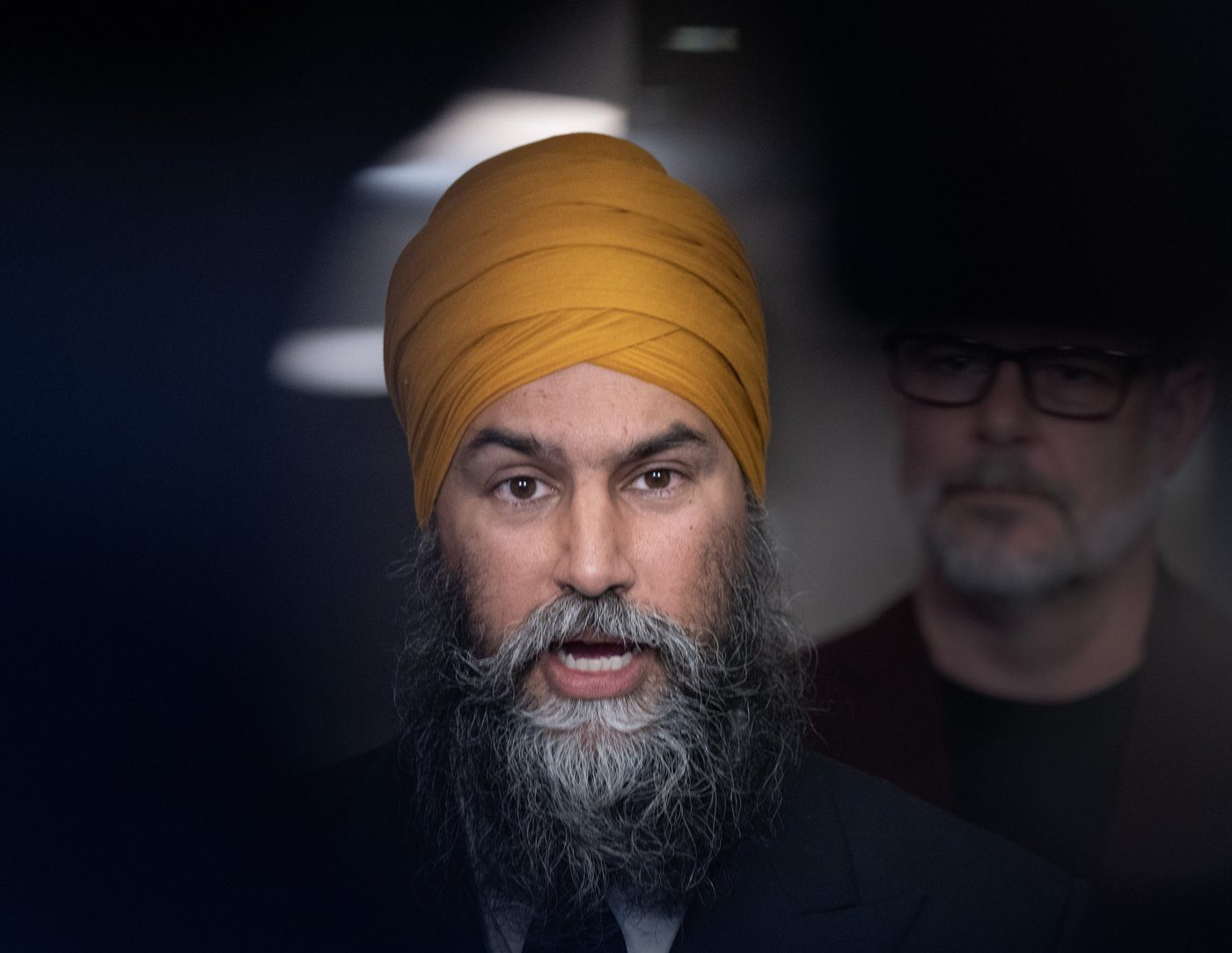
NDP leader emerged from the NDP caucus retreat in Montreal, trying to continue the “tough guy” routine that he declared “all bets are off” when the House of Commons comes back next week, and that he’s going to come in with legislation for price caps, not that it will matter because he’s already used his private members’ slot. Amidst his tough talk was a refusal to commit to continuing to support the carbon levy, claiming that he has his own plan on the way (or the “concepts of a plan” as every smartass on social media posted all day). Mere hours later, BC premier David Eby also said that he would scrap the province’s carbon price if the federal backstop were removed, because he too is apparently running scared of the BC Conservatives. While the NDP as a whole have pretty much abandoned any sense of ideological coherence in favour of more populist nonsense, Singh personally has lost any shred of credibility that he may once have held.
Singh’s intellectual bankruptcy has been on full display with the desire to renege on his agreement with the Liberals, acting in bad faith by refusing to uphold his end of a bargain that the Liberals lived up to. And yet he has tried to pivot to a message of looking to “restore hope” to Canadians when he has demonstrated that he won’t live up to his promises, and that he is fully living in a delusion that he somehow has a chance to form government during the next election, whenever that is (and while he’s full of big talk and spent the early part of the week announcing his campaign chair, the party is absolutely not ready for an election, nor do they actually want one before the “fixed” date). In no possible world is he “running to be prime minister” (which is in and of itself taking a cue from Pierre Poilievre), and pretending that he’s a contender while he tries to avoid a Nick Clegg-like decimation makes him look even more ridiculous than he already does.
What kind of “hope” does he think he’s offering if he’s “ripped up the agreement” (as he said tens of times) if he couldn’t even wait long enough for the pharmacare legislation to actually pass the Senate, and for an agreement with any of the provinces to actually be negotiated? Talk is cheap, as are promises, and implementation is always the sticking point, and the NDP have demonstrated time and again that they are willing to walk away from a deal before implementation has actually happened. (This happened with Jack Layton’s much-vaunted deal with Paul Martin). If his only policy wins are dental care and anti-scab legislation, then he should probably hold off on the applause because he and his point man on the file, Don Davies, insisted on a fully-federal program that is essentially just the federal government paying Sun Life to administer the program, which makes it extremely vulnerable to a future government simply scrapping the program. That sound so very hopeful, doesn’t it?
And then there’s the carbon levy. Singh has been somewhat non-committal about it for years now, but has consistently voted against Conservative motions to scrap it because they were supporting the Liberals against this kind of mischief. Nevertheless, it is indicative of more of his particular magical thinking because he thinks that there can be some form of climate action that won’t impact ordinary consumers or households. While the NDP had previously championed some form of cap-and-trade, Singh insists that he will have a new plan at some future date, which doesn’t exactly have the ring of credibility. If there’s any irony in this, the federal system was almost entirely patterned on the system developed for the NDP in Alberta during Rachel Notley’s government, albeit with a more generous rebate system (as the Alberta system recycled the revenues in slightly different ways). But no matter what system is proposed, there will still be an impact on consumers and households, no matter how much they dress it up as sticking it to big corporations, because costs are always passed along. The benefits of the existing levy are that it’s transparent, and that the rebates have an element of progressivity because eight out of ten households are getting more back than they spend, and it benefits the lowest income earners the most.
Let’s be clear—the Liberals opened the doors to the dooming the carbon levy when they granted the heating oil exemption for the sake of political expediency rather than simply offering a more enriched rebate to deal with the energy poverty of regions that rely on it as they worked to phase its use out. The fact that they did a shite job in explaining the carbon levy didn’t help either (and no, the media was never going to help explain it even though the Liberals keep deluding themselves into believing that will happen), and calling the rebate the “climate action incentive” was pretty much them shooting themselves in the foot. But again, anything the NDP does eventually propose will be more costly and less effective, and will delay climate action even longer when we’re already feeling the effects disproportionately, whether it’s with melting permafrost, forest fires, droughts on the prairies, or more extreme weather. Instead, they are taking the dishonest, populist route, and deserve to be called out for it.
As if this wasn’t bad enough, and it should be disqualifying, Singh’s plans for price caps on certain grocery items are pure fantasy. Consumer protection is a provincial power, and Canada isn’t France, and there is no Green Lantern ring that will let him bypass federalism if he just applies enough willpower. The lack of willingness to do what needs to be done on climate change and his complete and utter delusion elsewhere has certainly reinforced the notion that there are few, if any, good options in the next election, which just hurts everyone and damages democracy.
The views, opinions and positions expressed by columnists and contributors are the author’s alone. They do not inherently or expressly reflect the views, opinions and/or positions of our publication.
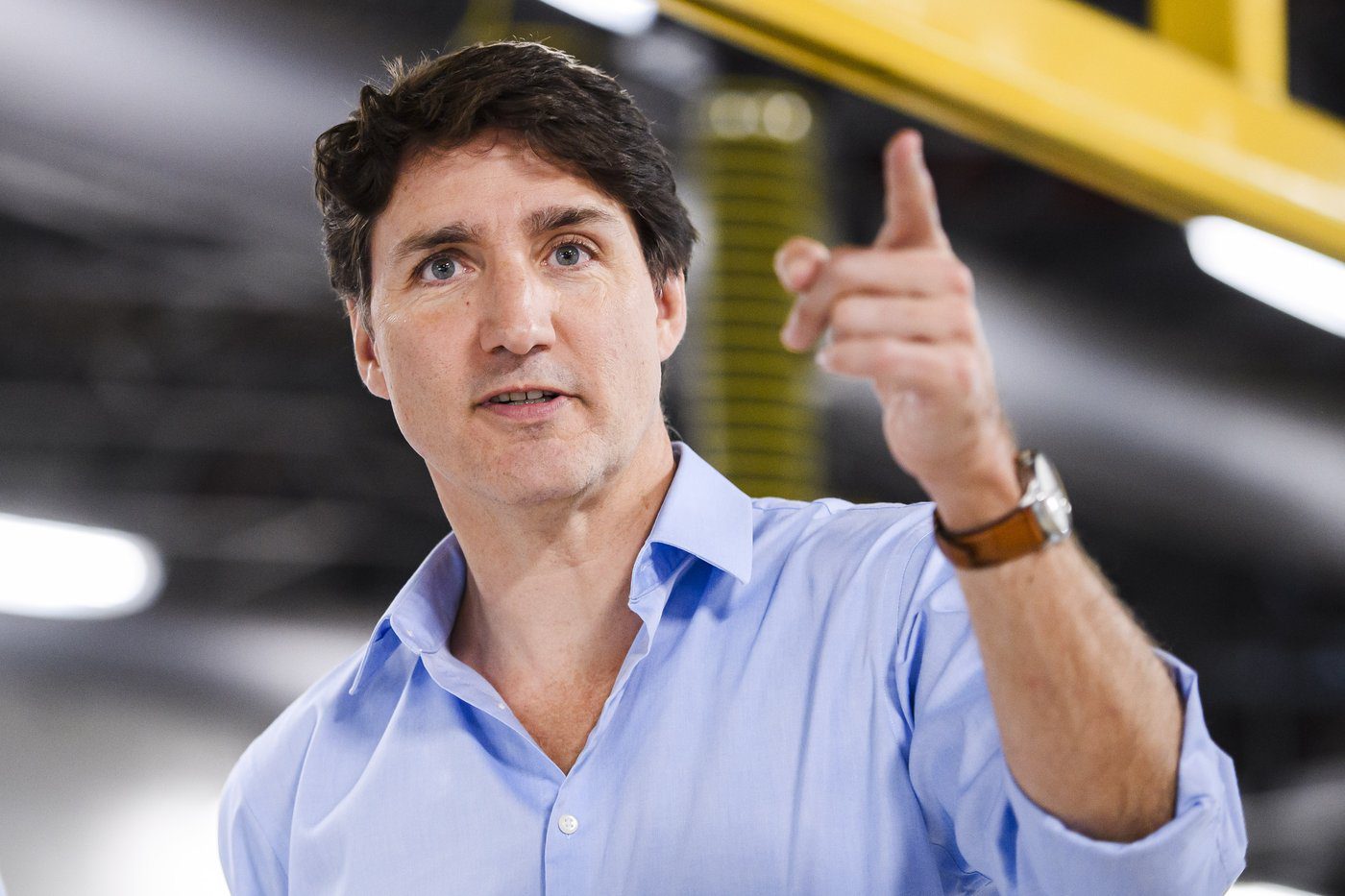
This content is restricted to subscribers
The views, opinions and positions expressed by columnists and contributors are the author’s alone. They do not inherently or expressly reflect the views, opinions and/or positions of our publication.
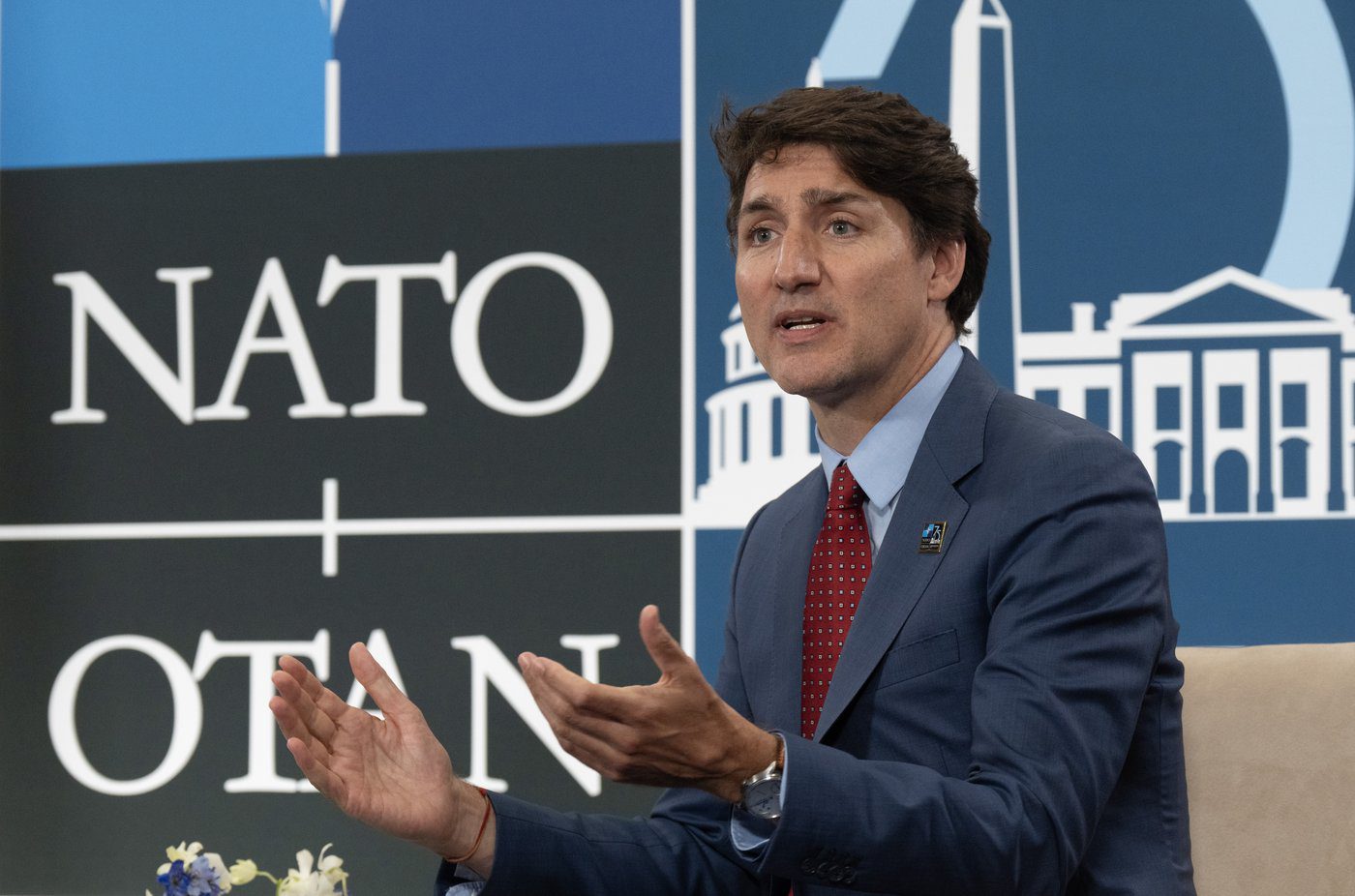
This content is restricted to subscribers
The views, opinions and positions expressed by columnists and contributors are the author’s alone. They do not inherently or expressly reflect the views, opinions and/or positions of our publication.
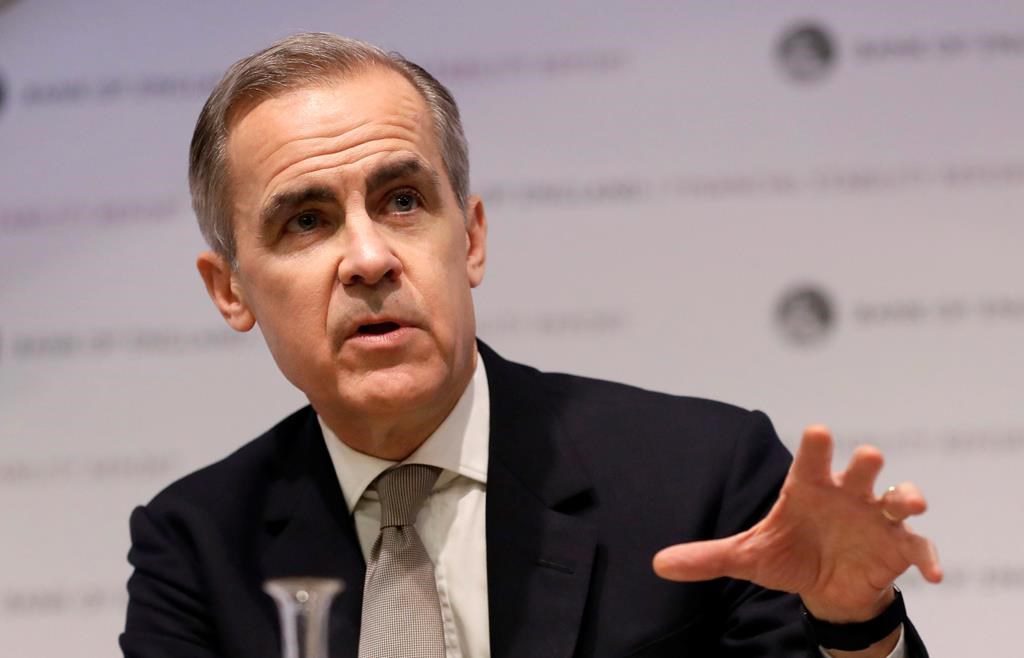
This content is restricted to subscribers
The views, opinions and positions expressed by columnists and contributors are the author’s alone. They do not inherently or expressly reflect the views, opinions and/or positions of our publication.

Become a subscriber today!
Register
Become a subscriber today!
Register
Become a subscriber today!
Register
Become a subscriber today!
Register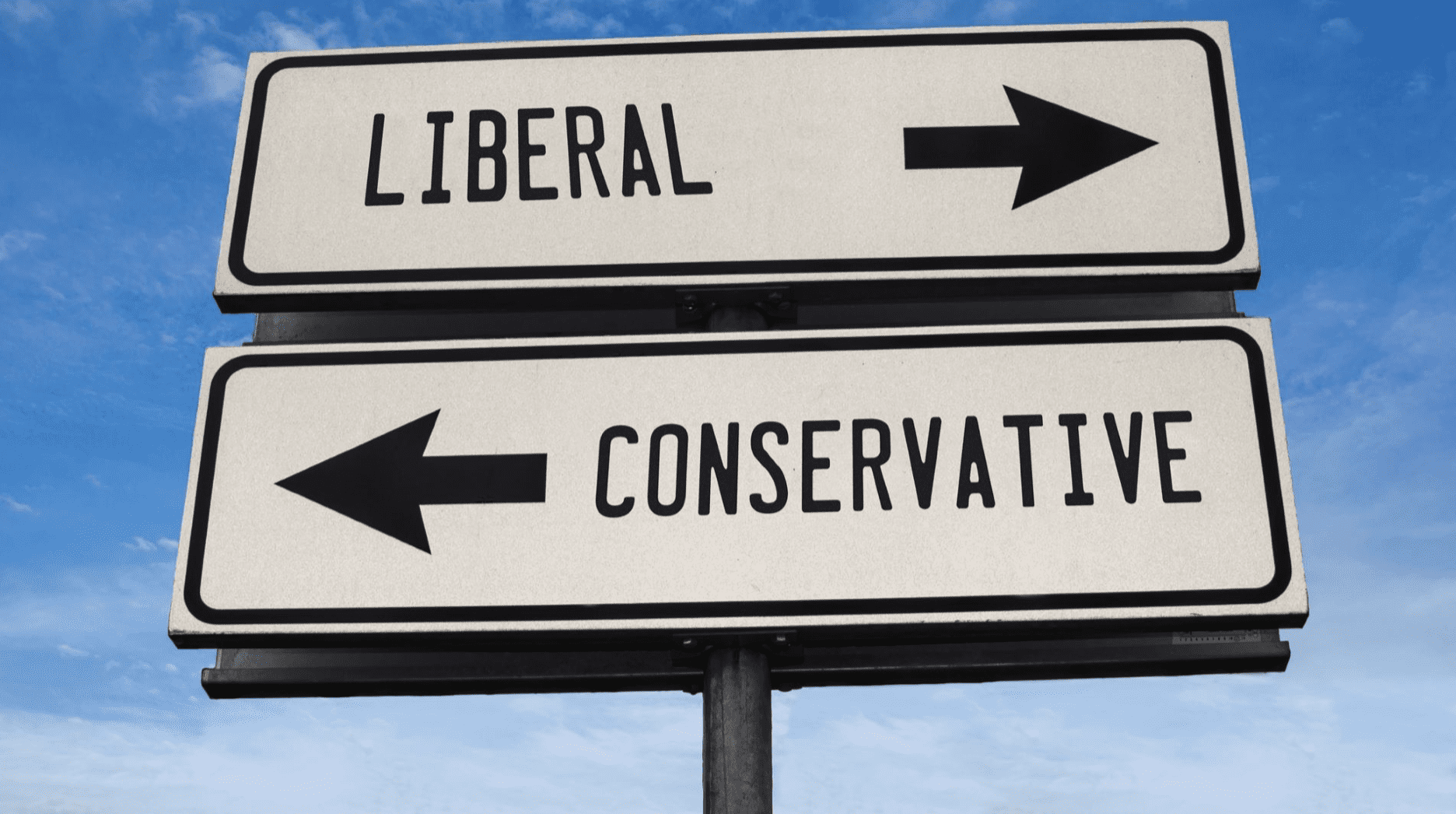
This content is restricted to subscribers
The views, opinions and positions expressed by columnists and contributors are the author’s alone. They do not inherently or expressly reflect the views, opinions and/or positions of our publication.